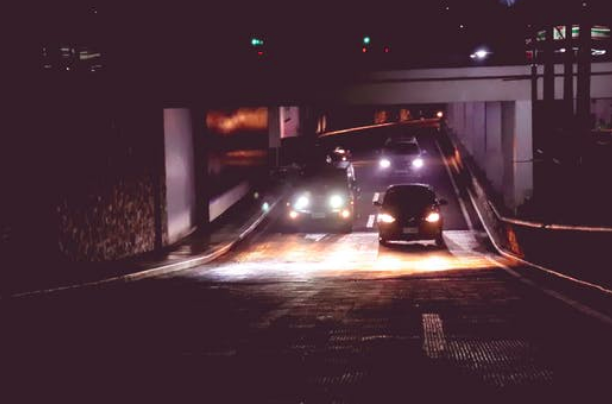
Drowsy Driving: The Silent – But Deadly – Practice You Might Not Know About
Any drivers education program would be incomplete without multiple warnings against drunk driving. By the time you enter high school, if you haven’t already heard about the dangers of driving while intoxicated, you definitely will have by the time you start driving. With all of the awareness campaigns against this practice, drunk driving fatalities have dropped by 51% since the early 80s.
However, drunk driving has a dangerous, lesser-known equivalent: drowsy driving. The numbers are nothing to yawn at, either. Driving while tired is responsible for an estimated 100,000 crashes, 71,000 injuries after a car accident, and at least 1,500 deaths per year. In fact, the statistics are likely to be even higher due to how difficult it is to detect.
Why Drowsy Driving is So Dangerous
Drowsy driving, as the name implies, is what happens when a driver is too tired to stay alert behind the wheel. Doing anything while sleep-deprived is difficult, and driving requires our focus in a way that few other things do. Exhaustion causes you to have slower reflexes, get easily distracted, and make poor decisions. Any one of these can lead to accidents on the road.
The UCLA Sleep Center published a study which found that someone running on four hours of sleep would react the same way to one beer as someone with a full night of sleep would to six. Not only that, but also one survey found that a shocking 55% of police admitted to driving while sleep-deprived in the year leading up to the study.
What’s Being Done to Fight Drowsy Driving
In the United States, there are very few states which currently have laws against drowsy driving. Arkansas lists ‘fatigued’ driving as negligent homicide – a class A-misdemeanor – as long as the driver has gone without sleep for 24 consecutive hours. In New Jersey, convicted drivers are charged for driving recklessly just like a drunk driver.
Other states, such as Alabama and California, have drowsy driving awareness days, while Texas and Florida each dedicate an entire week to the cause.
Abroad, both the UK and Australia have laws in place to regulate drowsy driving offenses. Neither nation is as hard on the practice as either Arkansas or New Jersey, but it’s a positive step tin penalizing those who take the road while tired. Â
How You Can Avoid Drowsy Driving
AAA has recommended that drivers employ a variety of tools to avoid falling asleep at the wheel. Getting a full night of sleep before hitting the road, taking a break every couple of hours or 100 miles (whichever comes first), and having someone else in the car that will stay alert and split the responsibility of driving with are all good practices.
Nothing is a true replacement for a full night of sleep. However, if you find yourself losing the battle to exhaustion while at the wheel it is certainly better to pull off the road and take a nap than it is to risk causing harm to yourself and others.
